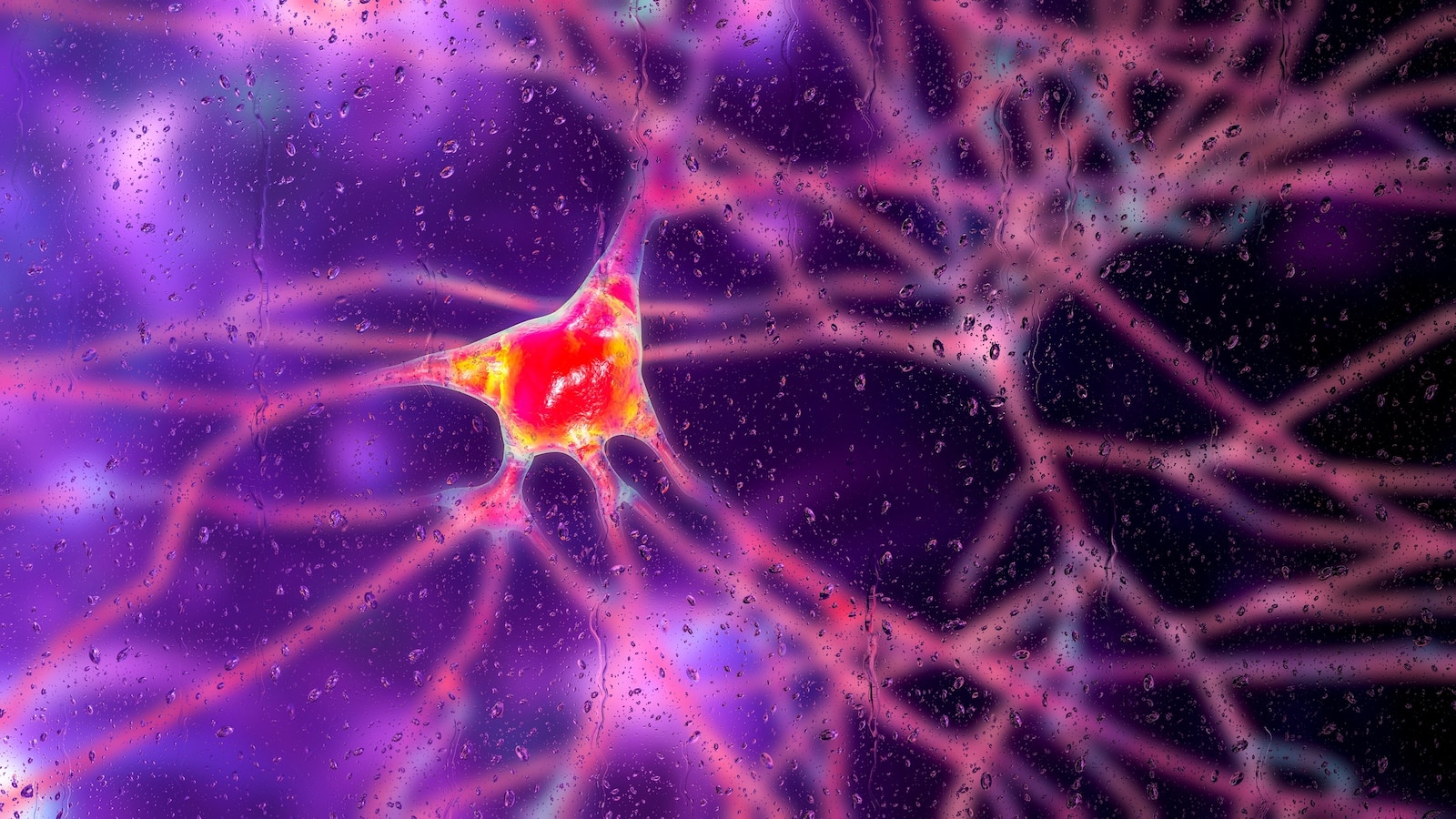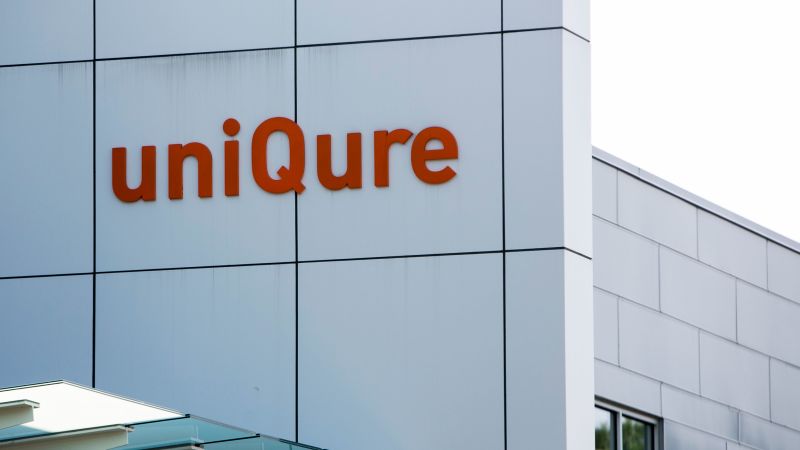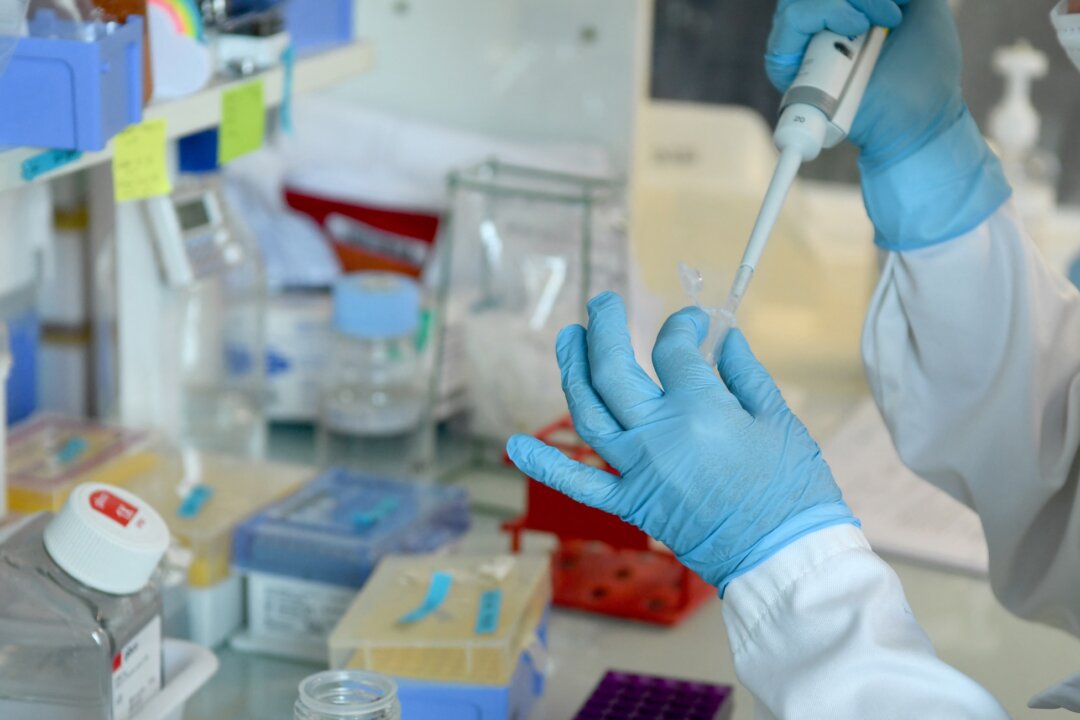Experimental Gene Therapy for Huntington's Disease Advances Towards FDA Approval
Experimental gene therapy for Huntington's disease is expected to launch next year, pending FDA approval. The company will submit its application after meeting with the FDA.
Subscribe to unlock this story
We really don't like cutting you off, but you've reached your monthly limit. At just $5/month, subscriptions are how we keep this project going. Start your free 7-day trial today!
Get StartedHave an account? Sign in
Overview
- An experimental gene therapy for Huntington's disease is currently being developed, offering potential new hope for patients.
- The therapy is projected to launch next year, but its availability is entirely dependent on receiving approval from the U.S. Food and Drug Administration.
- The company responsible for developing this gene therapy is preparing to submit its official application to the FDA for review.
- This crucial application submission is scheduled to take place after the company holds a planned meeting with the FDA.
- FDA approval would pave the way for this advanced gene therapy to become a new treatment option for individuals affected by Huntington's disease.
Report issue

Read both sides in 5 minutes each day
Analysis
Center-leaning sources frame this story with an overwhelmingly optimistic and enthusiastic tone, highlighting the gene therapy as a "groundbreaking" and "monumental medical breakthrough." They emphasize the positive trial results and potential for "real hope," while downplaying caveats about the preliminary nature of the data and future accessibility concerns. This creates a narrative of significant scientific triumph.
Articles (4)
Center (2)
FAQ
The gene therapy known as AMT-130 uses a viral vector (AAV5-miHTT) to deliver microRNA targeting the mutant HTT gene, aiming to reduce the harmful huntingtin protein production in the brain, potentially slowing progression of Huntington's disease.
UniQure plans to meet with the FDA by the end of 2025 to discuss trial data and aims to file for approval in 2026, with potential FDA approval and product launch projected by the end of 2026, pending regulatory decisions.
AMT-130 has received Breakthrough Therapy designation and Regenerative Medicine Advanced Therapy (RMAT) designation from the FDA, which may expedite its review and facilitate potential accelerated approval.
The FDA agreed that data from ongoing phase I/II studies, compared against external natural history controls, along with intermediate clinical endpoints such as composite UHDRS scores and reductions in cerebrospinal fluid neurofilament light chain (NfL) levels, could serve as primary evidence for approval.
Yes, other experimental gene therapies like VectorY's VTx-003 and INT41, as well as treatments by companies like Anima Biotech, Design Therapeutics, Iris Medicine, and BrainStorm, are in various preclinical and early research stages targeting different mechanisms related to Huntington's disease.
History
- This story does not have any previous versions.



